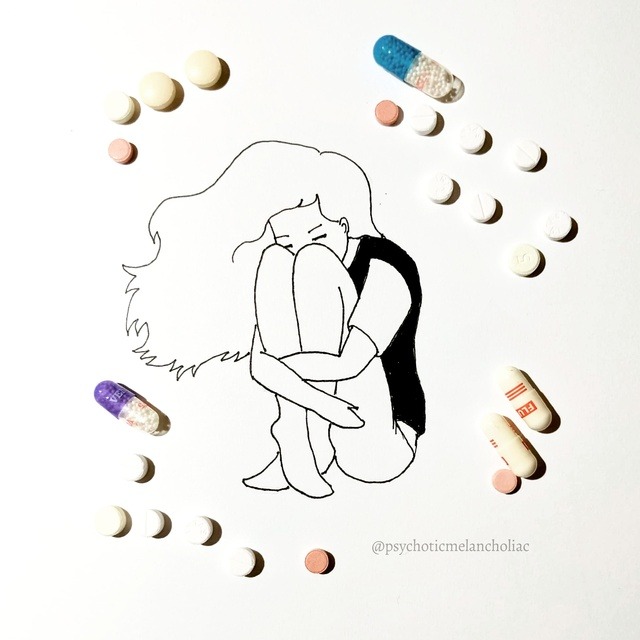

It found that there was little credence to the idea that low serotonin activity or low amounts of serotonin are associated with depression. The new review combined evidence from 17 systematic reviews and studies, with data from hundreds of thousands of people both with and without depression. “The danger is, it’s now being used to answer that question.” “The second question isn’t addressed in the paper,” Foulkes said. The second question is: Do SSRIs work to help some people with symptoms of depression? One is: Do depressed people have different levels of serotonin? The review suggests the answer is no. There are two separate questions being raised. But Lucy Foulkes, an academic psychologist and author of Losing Our Minds: What Mental Illness Really Is–and What It Isn't, said that multiple issues are being conflated in the interpretation of this paper. This new review is valuable in that it reveals what the general public still thinks about depression and its causes, and where mental health professionals need to do better in communicating the complexity underpinning conditions like depression, as well as its treatments. Yet the paper, and the response to it, reveal the still-existing chasm between what mental health professionals say they know and what the general public understands about what causes depression, and how it’s treated. Researchers and clinicians, in their responses to the review, said this theory hasn't been widely held by the mental health community for some time.
Ssri and ambify reddit how to#
It was a hypothesis that turned into a simplistic representation of a guess about the underlying causes of depression and how to “fix” it. In a systematic review of studies on serotonin levels in people with depression, it found no evidence that depressed people had lower serotonin levels or abnormal serotonin activity compared to non-depressed people.īut the serotonin story of depression was just that: a story. In the face of this story, it’s easy to understand how a new paper in Nature Molecular Psychiatry this week seemed like a bombshell. The slightly more complex version of the story that ad is alluding to goes that depression is caused by a “chemical imbalance,” or low or abnormal levels of serotonin, and that taking an antidepressant, or selective serotonin reuptake inhibitor (SSRI), by changing serotonin levels in the brain, makes a person feel better. The chemical the ad is referring to is serotonin, a neurotransmitter that does many things in the brain and has long been theorized to have something to do with the symptoms of depression.


 0 kommentar(er)
0 kommentar(er)
